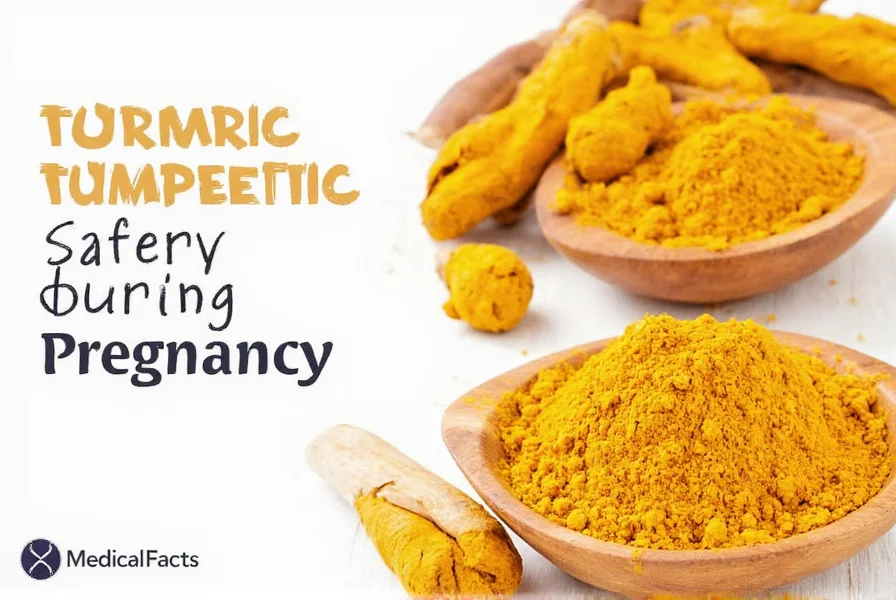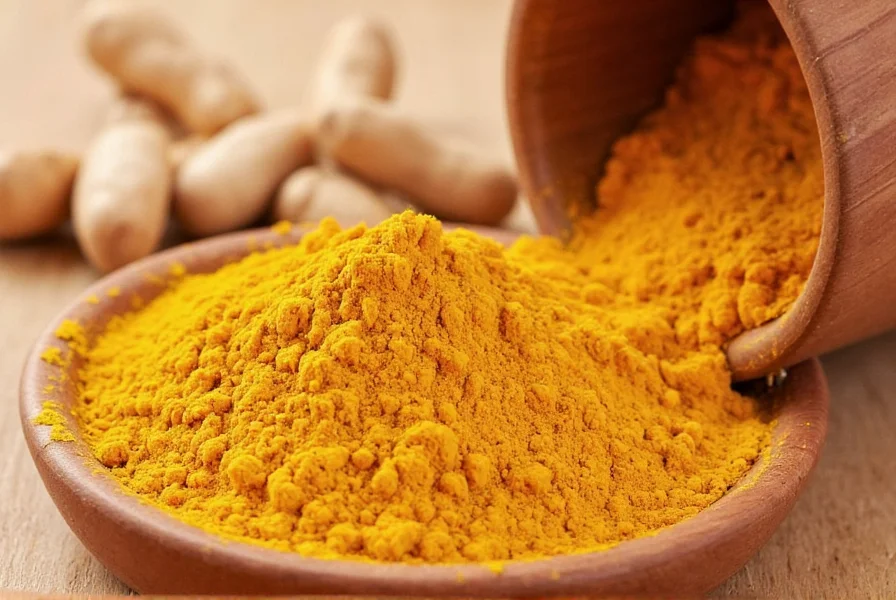Based on current medical evidence, culinary use of turmeric powder in normal food amounts is generally considered safe during pregnancy. However, turmeric supplements or medicinal doses are not recommended for pregnant women due to potential risks including uterine stimulation and possible interference with fetal development. Always consult your healthcare provider before using turmeric supplements while pregnant.
Many expecting mothers wonder about the safety of incorporating turmeric powder into their pregnancy diet. This golden spice has gained popularity for its potential health benefits, but when you're pregnant, every dietary choice requires careful consideration. Understanding the difference between culinary use and supplementation is crucial for making informed decisions about turmeric during this sensitive time.
Understanding Turmeric and Pregnancy
Turmeric, a vibrant yellow spice commonly used in Indian cuisine, contains curcumin as its primary active compound. Curcumin has demonstrated anti-inflammatory and antioxidant properties in numerous studies. During pregnancy, women often seek natural ways to support their health, which explains why many consider turmeric powder as a potential addition to their routine.
It's essential to distinguish between two forms of turmeric consumption:
| Form of Turmeric | Typical Amount | Pregnancy Recommendation |
|---|---|---|
| Culinary spice in food | 1/4 to 1/2 teaspoon per serving | Generally considered safe |
| Supplements/extracts | 400-1500mg standardized curcumin | Not recommended without medical approval |
Potential Benefits of Turmeric During Pregnancy
When used moderately as a food seasoning, turmeric may offer some benefits for pregnant women. The anti-inflammatory properties could potentially help with common pregnancy discomforts like joint pain and swelling. Some research suggests turmeric's antioxidant effects might support overall maternal health during pregnancy.
Many women use turmeric in their cooking for its flavor profile rather than therapeutic purposes. Adding a small amount to soups, rice dishes, or vegetable preparations represents the typical culinary use that healthcare providers generally consider acceptable during pregnancy.
Safety Concerns and Medical Guidance
The primary concern with turmeric during pregnancy involves high-dose supplementation. Several medical organizations including the American Pregnancy Association advise against turmeric supplements during pregnancy due to potential risks. Research indicates that high concentrations of curcumin may stimulate the uterus or affect hormonal activity, which could potentially lead to complications.
A 2022 review published in the Journal of Herbal Medicine noted that while dietary turmeric appears safe, concentrated forms lack sufficient safety data for pregnancy use. The review specifically highlighted that animal studies have shown potential adverse effects at high doses, though human studies remain limited.
Medical Recommendations for Turmeric Use
Major healthcare organizations provide consistent guidance regarding turmeric powder for pregnant women:
- The American College of Obstetricians and Gynecologists (ACOG) recommends avoiding herbal supplements unless approved by your healthcare provider
- The National Center for Complementary and Integrative Health states there isn't enough reliable information about turmeric's safety during pregnancy
- Mayo Clinic advises pregnant women to avoid turmeric supplements due to insufficient safety evidence
When discussing turmeric supplements for pregnancy with your healthcare provider, be prepared to share specific details about the product, dosage, and your reasons for considering it. This information helps your provider give personalized advice based on your health history and pregnancy status.

Culinary Use vs. Supplementation: What's Safe?
The key distinction lies between using turmeric as a food ingredient versus taking it as a supplement. When you sprinkle turmeric powder into your food while cooking, you're consuming it in amounts that most healthcare providers consider safe during pregnancy. This culinary use typically delivers much lower concentrations of curcumin than supplements.
However, turmeric supplements often contain concentrated curcumin extracts that deliver significantly higher doses. These medicinal doses may interact with blood thinners, diabetes medications, or other drugs commonly used during pregnancy. The potential for interactions makes professional medical guidance essential before considering turmeric supplements while pregnant.
When to Consult Your Healthcare Provider
Certain situations warrant specific discussion with your healthcare provider about turmeric powder use during pregnancy:
- If you have a history of miscarriage or preterm labor
- When taking medications that affect blood clotting
- If you have gallbladder issues or bile duct obstruction
- When considering turmeric supplements for specific pregnancy concerns
Your healthcare provider can help you weigh potential benefits against risks based on your individual health profile. They may suggest alternative approaches to address concerns you hoped turmeric might help with, such as inflammation or digestive issues.
Making Informed Decisions About Turmeric
Navigating supplement use during pregnancy requires careful consideration of available evidence. While turmeric powder in food represents a low-risk choice for most pregnant women, the same cannot be said for supplements. The lack of comprehensive human studies on turmeric supplementation during pregnancy means healthcare providers must exercise caution in their recommendations.
When evaluating information about turmeric powder for pregnant women, look for sources that cite peer-reviewed research and represent consensus views from medical organizations. Be wary of claims that promise significant therapeutic benefits from turmeric during pregnancy, as these often overstate the available evidence.
Is it safe to drink turmeric milk while pregnant?
Yes, golden milk made with a small amount of turmeric powder (about 1/4 teaspoon) is generally considered safe during pregnancy. This represents culinary use rather than supplementation. However, avoid commercial turmeric milk products with added supplements or high curcumin concentrations.
Can turmeric cause miscarriage in early pregnancy?
There's no conclusive evidence that culinary use of turmeric causes miscarriage. However, high doses found in supplements may potentially stimulate the uterus. The American Pregnancy Association recommends avoiding turmeric supplements during pregnancy due to insufficient safety data, particularly in the first trimester.
How much turmeric powder is safe during pregnancy?
As a culinary spice, 1/4 to 1/2 teaspoon of turmeric powder per day in food is generally considered safe during pregnancy. This amount provides flavor without delivering medicinal doses of curcumin. Always consult your healthcare provider before increasing your intake beyond typical culinary use.
Can I take turmeric for inflammation while pregnant?
For inflammation relief during pregnancy, consult your healthcare provider before using turmeric supplements. While culinary use is generally safe, supplements aren't recommended due to potential risks. Your provider may suggest safer alternatives for managing pregnancy-related inflammation.
Is turmeric powder safe during third trimester?
Culinary use of turmeric powder remains generally safe throughout all trimesters, including the third trimester. However, turmeric supplements are not recommended at any stage of pregnancy due to potential effects on uterine activity and blood clotting. Always discuss any supplement use with your healthcare provider, especially as you approach delivery.











 浙公网安备
33010002000092号
浙公网安备
33010002000092号 浙B2-20120091-4
浙B2-20120091-4